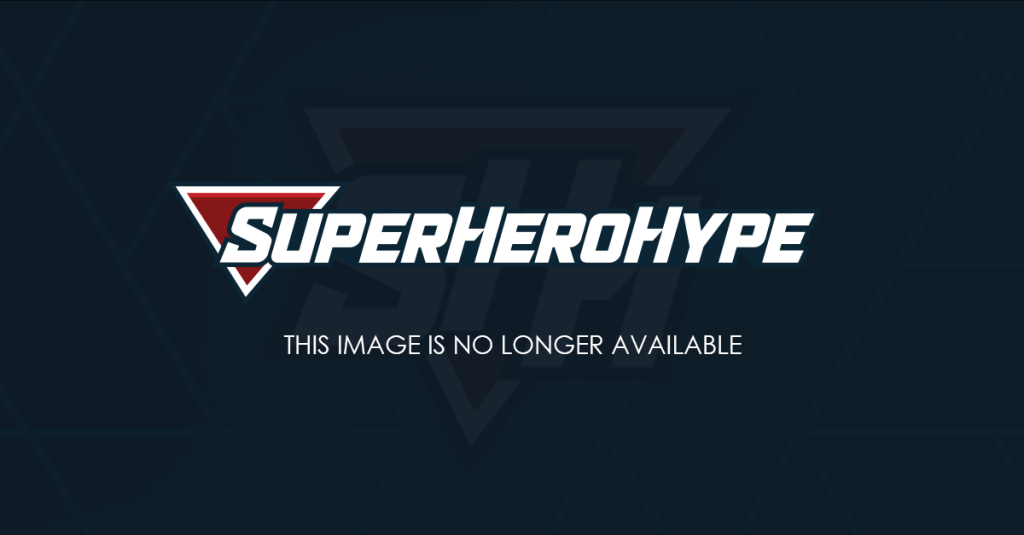
Following the success of Daredevil: Born Again, a new rumor suggests that Marvel Studios might be planning to revive another…

A new Wonder Man rumor has surfaced online, teasing a new detail about Simon Williams’ powers. This comes ahead of…

A Spider-Man 4 rumor suggests a new MCU villain will be getting a comic-accurate costume. Marvel Studios and Sony Pictures’…

A new report has shed light on two actors who might be up for the role of James Bond in…

A new rumor has surfaced, revealing Marvel‘s plans for Venom in Spider-Man 4 and its sequels. It suggests that Marvel…










